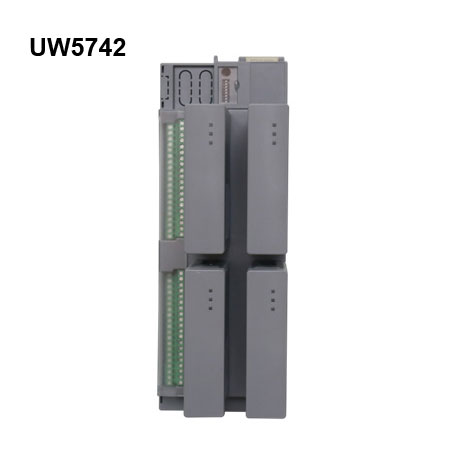In the era of Industry 4.0 and rapidly advancing smart manufacturing, achieving efficient, safe, and intelligent production control has become a top priority for enterprises. The Distributed Control System (DCS), as one of the core components of modern industrial automation, is gradually replacing traditional centralized control systems. It is widely used in industries such as petrochemicals, power generation, metallurgy, water treatment, and pharmaceuticals. This article will guide you through the structural advantages, functional features, and application value of DCS, helping you seize the future of industrial control.

DCS is an automation control architecture that distributes control functions across multiple subsystems. Compared to traditional centralized systems, DCS adopts a modular design that places controllers in various sections of the production site. It enables local quick responseand centralized monitoringvia an upper management layer—offering the dual advantages of distributed processing and centralized management, greatly improving system flexibility and stability.
DCS systems feature high reliability, flexible scalability, modular architecture, and intelligent diagnostics. Each control unit within the system operates independently—so if one part fails, the others continue running unaffected, ensuring continuous system operation. Additionally, DCS supports multiple industrial communication protocols, making it easy to integrate with third-party equipment and ideal for complex automation scenarios.
DCS is especially critical in industries with continuous processes, complex workflows, and high demands for safety and stability—such as oil refining, power plant boiler control, pharmaceutical manufacturing, water treatment facilities, and paper mills. With real-time monitoring, data acquisition, trend analysis, and alarm mechanisms, DCS helps companies greatly improve operational efficiency and production safety.
Choosing the right DCS solution involves evaluating brand reputation, technical support, product compatibility, and system reliability. We sincerely invite you to visit our website: [www.chuwntek.com]. UWNTEK specializes in industrial automation control solutions and has extensive experience with DCS implementation across various industries. We provide tailor-made, efficient, and stable systems to support your smart upgrade.
Achieving smart manufacturing starts with intelligent control! Visit [www.chuwntek.com] to purchase professional Distributed Control Systems (DCS)and build a powerful “central nervous system” for your industrial operations—take your automation to the next level!
